Australian Standard Scaffolding Kwikstage TransomQuick Stage Scaffold AS/NZS 1576
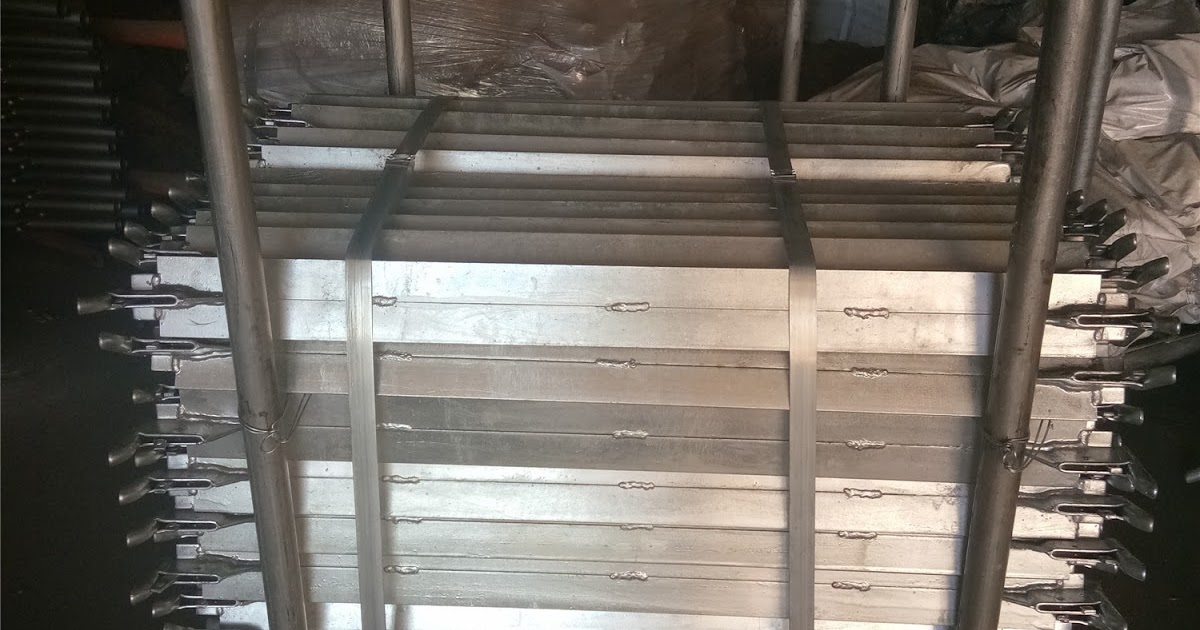
Australian Standard Scaffolding Kwikstage TransomQuick Stage Scaffold AS/NZS 1576
a designer, manufacturer, importer, supplier and installer of plant, substances or structures an officer. The model WHS Regulations have duties that apply to scaffolding work. This includes managing the risks of scaffolds, construction, and falls from height. As a PCBU, you must, so far as is reasonably practicable:
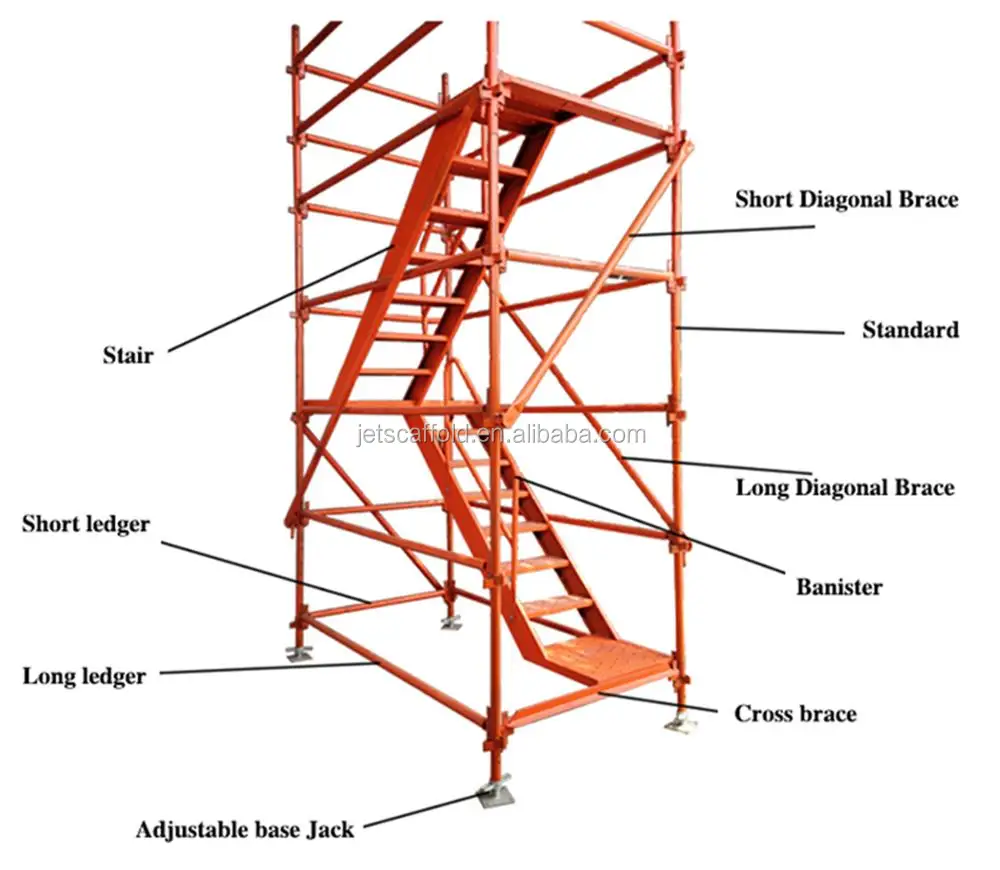
Australian Standard Quick Stage Scaffolding Kwikstage Scaffold Kwik Stage Scaffolding Buy
This Australian Standard specifies performance requirements and methods of structural and general design for access and working scaffolds. In general these requirements also apply to other types of working scaffolds. The purpose of a working scaffold is to provide a safe place of work with safe access suitable for the work being done.
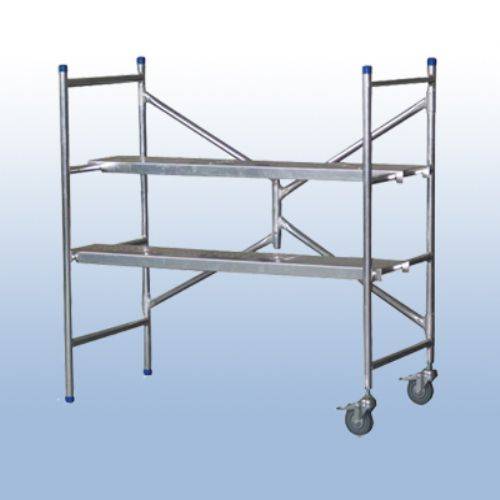
Australia Standard Scaffold, Aluminium Scaffolding YangZhou Synergy Scaffold Co.,LTD
Section 2.7.1.1 sets out that where there is a change in direction between landings, any difference in step height from the scaffold stair to an access or egress point should be minimised so that it is no more than 300mm. Section 2.7.1.1 applies to stand-alone scaffolding where erection commences 12 months after 1 July 2021. PN12684

Aluminium Mobile Scaffold Tower Sydney NSW Australian Standard
What's contained in the AS 4576 update? AS 4576 Guidelines for scaffolding is a companion to the AS/NZS 1576 series of scaffolding standards. The revised 2020 version of AS 4576 incorporates updates resulting from changes made to these scaffolding standards since 1995. Major changes include guidance on: working over water

Scaffolding Australian Standards Testing Mr Scaffold 1300 677 223
It is part of a series of guidance material and should be read and used together with the General guide for scaffolds and scaffolding work which includes information on risk management as well as advice on planning, erecting, altering, dismantling and working with scaffolds and the following material: Guide to suspended (swing stage) scaffolds

Scaffolding Australian Standards Testing Mr Scaffold 1300 677 223
Australia has both national and state-based scaffolding standards. AS/NZ 4576 provides an overall Guideline for Scaffolding, while the AS/NZS 1576 series is the specific main scaffolding standard used across the country.
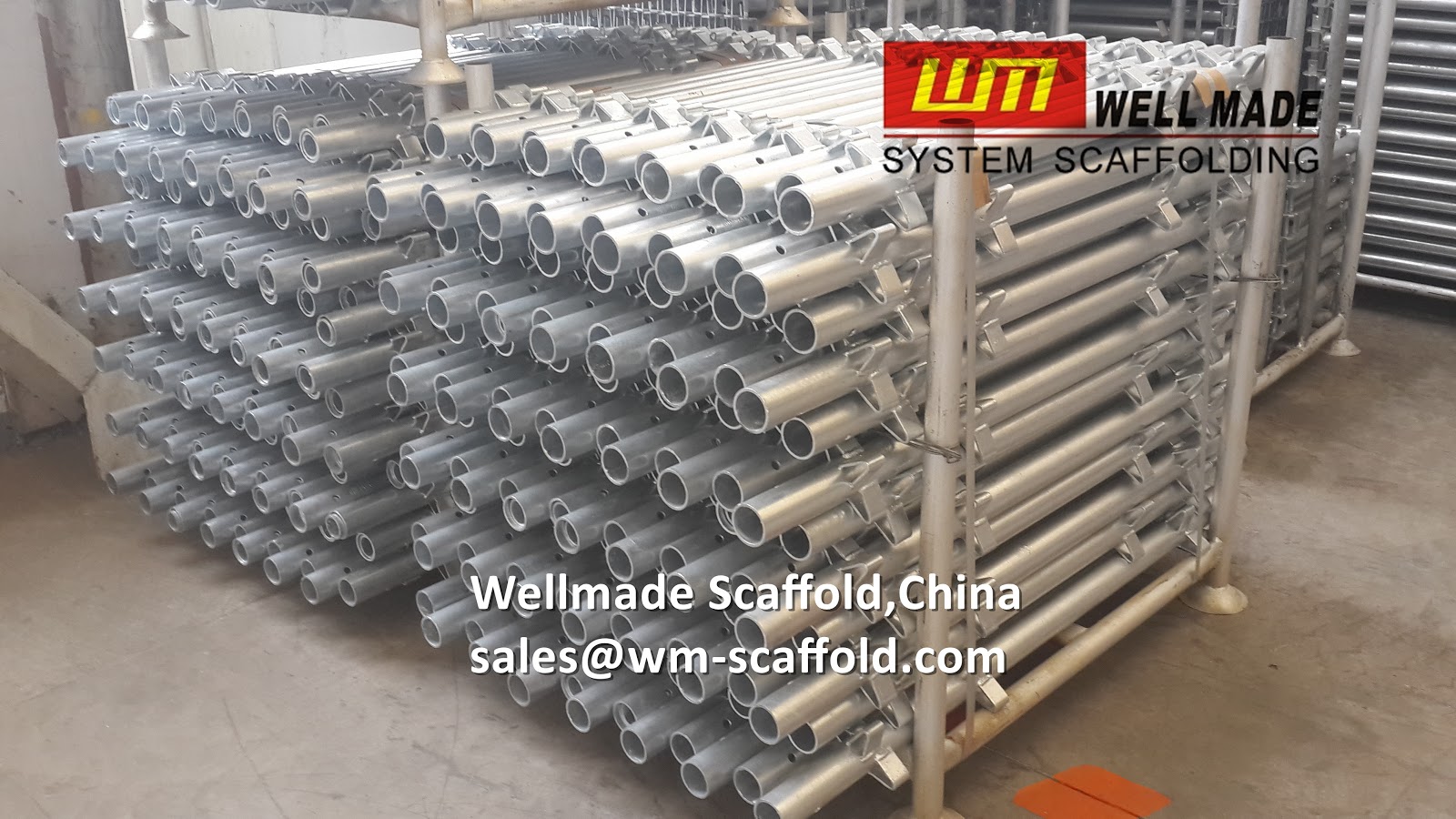
Galvanized Kwikstage Scaffolding StandardsAustralian Standard AS1576Instant scaffold Modular
What should accredited companies be doing? The requirements for Scaffold design, erection, dismantling and use are largely set out in State and Territory WHS regulation and supporting documentation including codes of practice and Australian Standards.

Australian Standard Scaffolding Kwikstage Transom 50**********wellmade scaffold china leading
Amendment to advise that where it has been identified non-destructive testing (NDT) for cracks in high stress areas of suspended scaffold components is needed to identify cracks not easily visible, the NDT should be conducted every three years. Key changes in the Scaffolding Code of Practice 2021

Scaffolding Australian Standards Testing Mr Scaffold 1300 677 223
Standards Australia has a strong history of facilitating solutions that meet the needs of consumers and industry. It remains committed to enhancing the social, environmental and economic well being of all Australians by providing an active forum for discussion, debate and consensus.

Australian standards kwikstage scaffolding AS1576 tested and certificated by MTS Melbourne YouTube
1. Find out what could cause harm. The following can help you identify potential hazards: Observe the workplace to identify areas where scaffolds are used or scaffolding work is performed and where there is interaction with vehicles, pedestrians and ixed structures.

Australian Standard Scaffolding Kwikstage TransomQuick Stage Scaffold AS/NZS 1576
This standard comprises: AS / NZS 1576.1:2010 Scaffolding - General requirements AS 1576.2-2016 Scaffolding - Couplers and accessories AS / NZS 1576.3:1995 Scaffolding - Prefabricated and tube-and-coupler scaffolding AS 1576.4-2013 Scaffolding - Suspended scaffolding AS / NZS 1576.5:2021 Scaffolding - Prefabricated splitheads and trestles
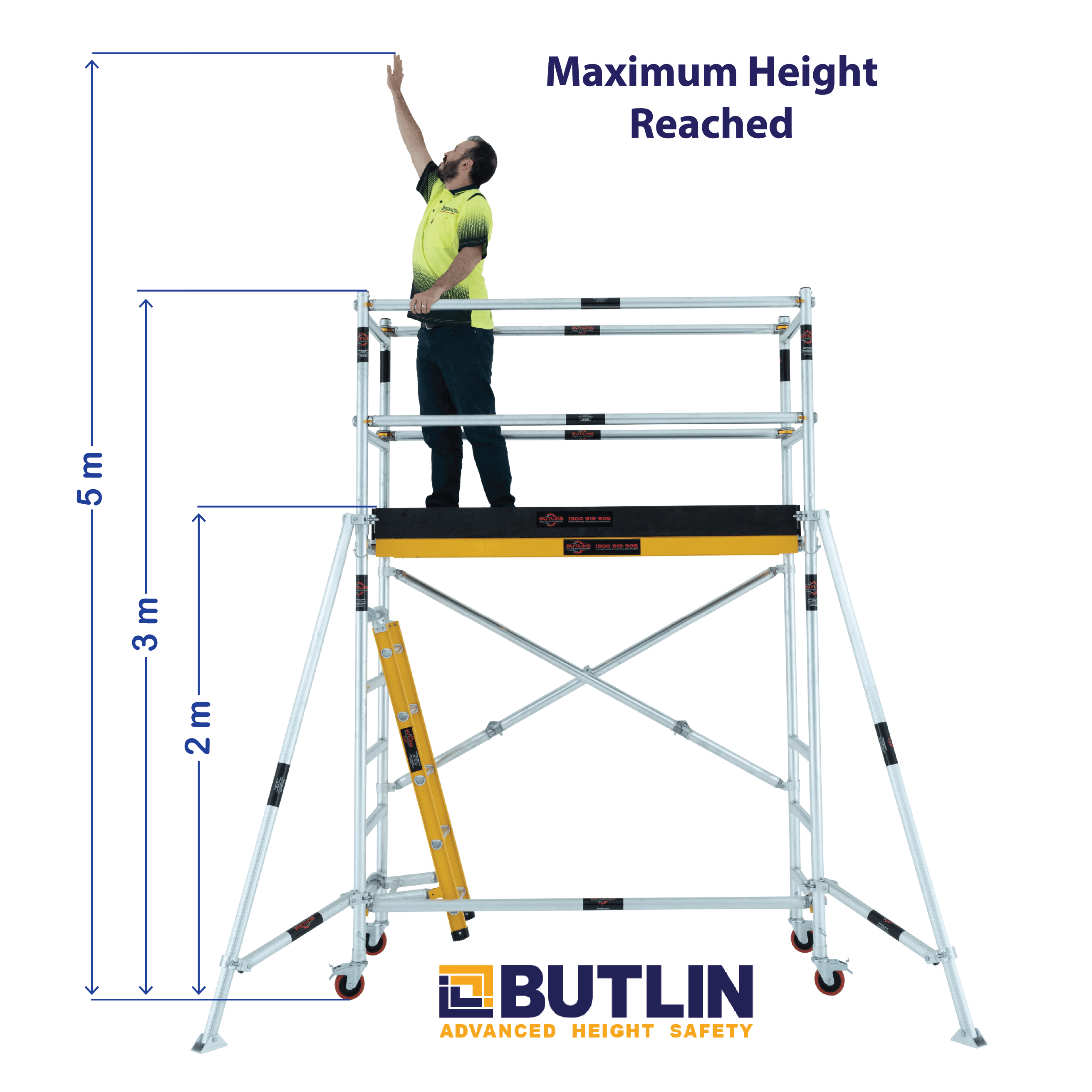
Mobile Scaffold 2.00m Australian Scaffolds Call 1300 919 905
AS/NZS 1576.1:2019 Current Add to Watchlist Scaffolding General requirements Available format (s): Hardcopy, PDF 1 User, PDF 3 Users, PDF 5 Users, PDF 9 Users Language (s): English Published date: 04-03-2019 Publisher: Standards Australia Abstract Scope General Product Information History Standards Referencing This Book
Scaffolding Australian Standards Kwikstage Aluminium Stairs
A scaffold is a temporary structure used to support workers and materials during the construction, maintenance or repair of buildings and other structures. A residential building with scaffolding Scaffolds allow access to heights and other hard to reach areas.
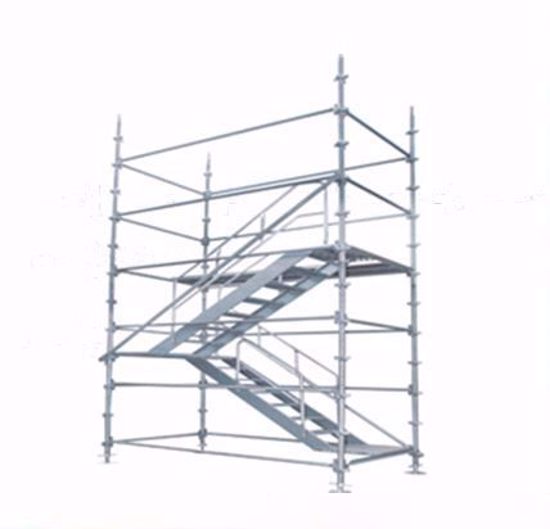
building material supplier, building material manufacturer ADTOOO. Australian Standard
Download ZIP - 8.02 MB This guidance material provides information on managing the risks associated with scaffolds and scaffolding work at a workplace. Supporting Information Scaffolds and scaffolding work general guide Tower and mobile scaffolds information sheet Guide to suspended swing stage scaffolds Guide to scaffolds and scaffolding

Australian Standard as 1576 Scaffolding Planks China Scaffold Planks and Steel Scaffolding
This Standard was prepared by the Joint Standards Australia/Standards New Zealand Committee BD-036, Scaffolding, to supersede AS/NZS 1576.1:1995. The scaffolding series of Standards comprises the following: AS 1576 Scaffolding 1576.4 Part 4: Suspended scaffolding AS/NZS 1576 Scaffolding 1576.1 Part 1: General requirements (this Standard)

Australian Design Scaffolding Frame 20m Long X 6.5m Access Height Scaffold Scaffolding
AS/NZS 4576:1995. This Joint Australian/New Zealand Standard was prepared by Joint Technical Committee BD/36, Scaffolding. It was approved on behalf of the Council of Standards Australia on 20 March 1995 and on behalf of the Council of Standards New Zealand on 27 March 1995. It was published on 15 June 1995.